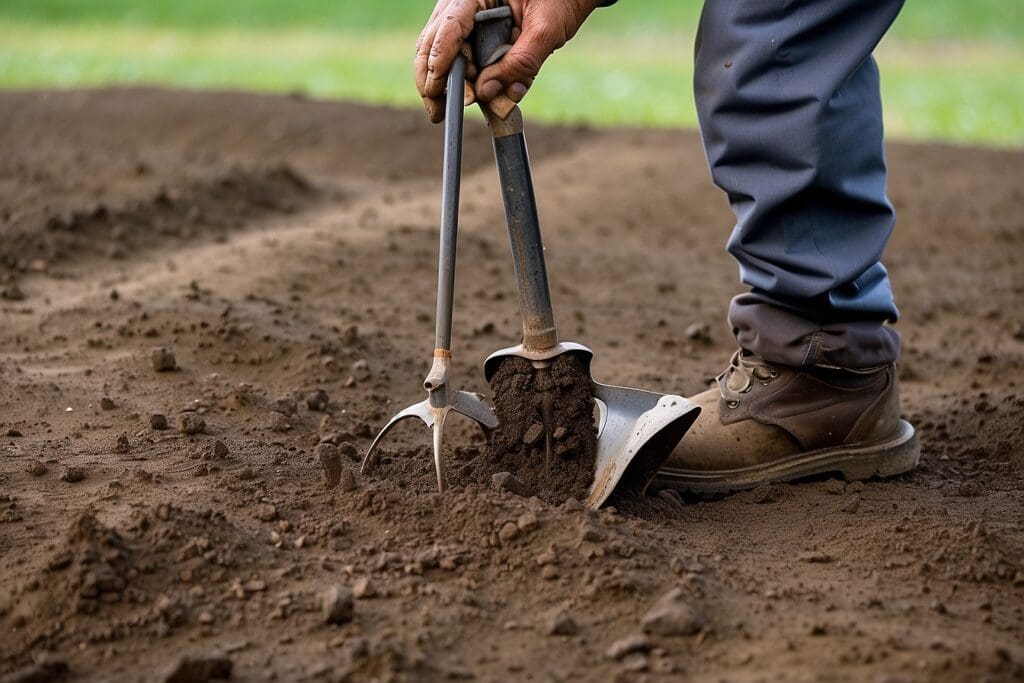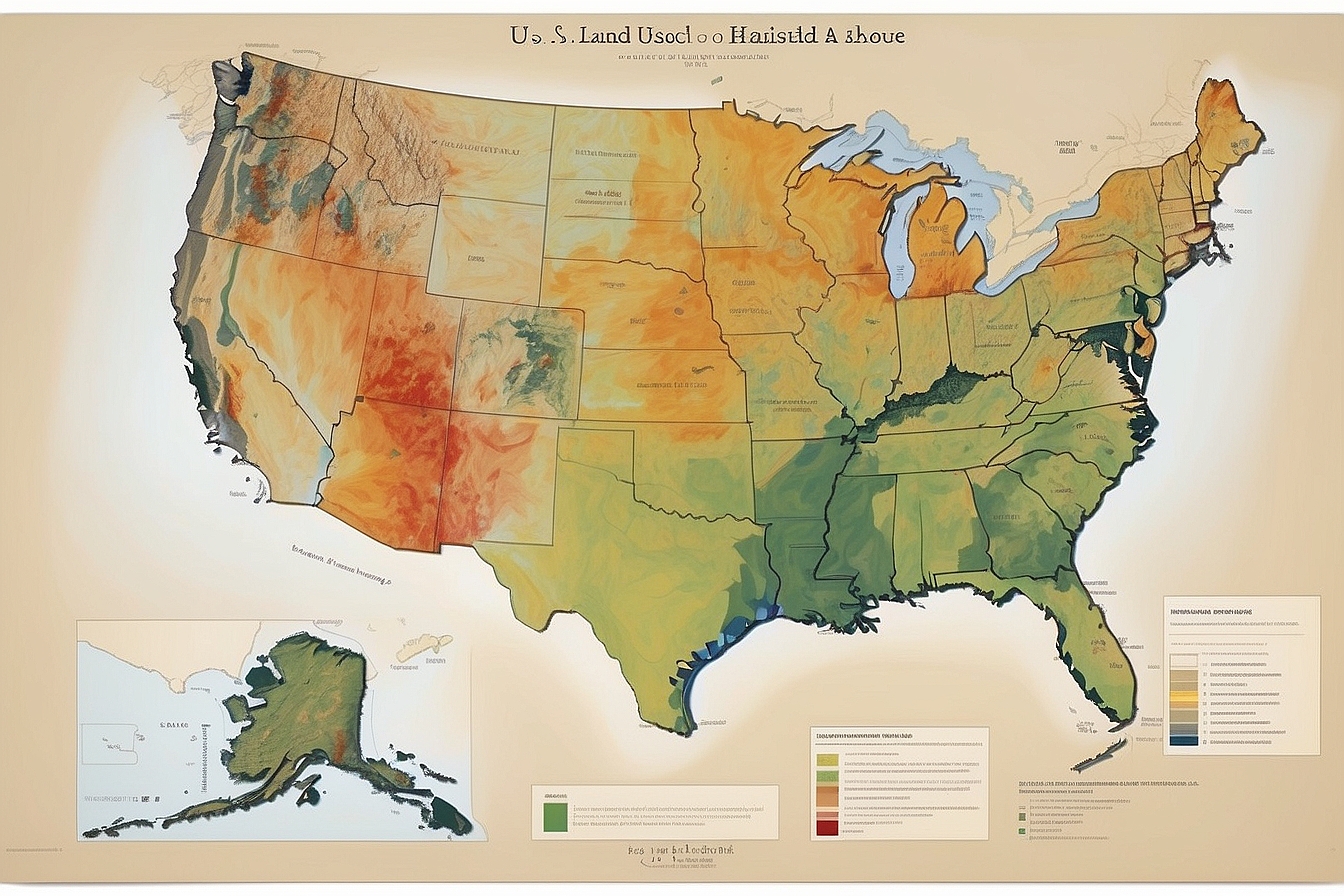Treading on farms with heavy machinery can lead to soil compaction. This is just one example of the debate over whether technology is more of a blessing or a menace playing out. However, with the ever-growing needs of the population that has to be fed, we have become slaves to emerging technology. A study carried out by the Research Council of Norway has shown that heavy agricultural machinery poses a serious threat to the quality of soil. The damage can be irreversible at times and unfortunately may lead to decreased crop productivity, lower yields and a source of unavoidable pollution. Samples of soil were gathered in this specific research to be analyzed, concluding that the land seems to lose its long-term ability to produce food when tread on by man-made giants that are supposedly created to help in the farming process.1
Climate and Heavy Machinery
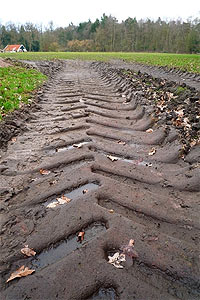 iThe massive weight of the machines, coupled with climatic changes can wreak havoc on the field. As the agricultural industry continues to invest a larger chunk of their budget on farm and agricultural equipment,2 little do they realize that the profits achieved are at the cost of something more substantial. On days with high humidity, driving your farming equipment on wet soil makes it all the more susceptible to cave in to the undue pressure applied on it. Field equipment and farm tractors have become heavier and larger—raising reservations about the hazards that the soil might undergo. Both the topsoil and the subsoil layer are in danger of undergoing soil compaction.
iThe massive weight of the machines, coupled with climatic changes can wreak havoc on the field. As the agricultural industry continues to invest a larger chunk of their budget on farm and agricultural equipment,2 little do they realize that the profits achieved are at the cost of something more substantial. On days with high humidity, driving your farming equipment on wet soil makes it all the more susceptible to cave in to the undue pressure applied on it. Field equipment and farm tractors have become heavier and larger—raising reservations about the hazards that the soil might undergo. Both the topsoil and the subsoil layer are in danger of undergoing soil compaction.
According to Trond Børresen, Professor at the University of Life Sciences (UMB),3 “In European agriculture, a lot of machinery has an axle load that far exceeds the load it takes to cause permanent compaction damage. Some of them weigh up to 60 tonnes. There is little to indicate that this development will stop.”4 Modern day agriculture has revolutionized the way farming is done, urging researchers to look further into soil compaction and its relation to machinery.
What is Soil Compaction?
Soil compaction is a form of soil degradation that is usually associated with the soil undergoing undue pressure reducing pore spaces between them. Basically, the soil structure undergoes drastic changes when heavy equipment such as a tractor and tillage implements are applied on it. The air pockets between the components of the soil seem to collapse.
The Effects of Compaction on the Soil are:
- It makes the soil less aerated and even restricts the water movement through and into the soil.
- The soil tends to become over-saturated due to the reduced rate of infiltration and drainage.
- Changes in soil strength, pore space size, distribution occur.
- Low soil oxygen levels limit plant growth in landscape soils.
Effects of Soil Compaction
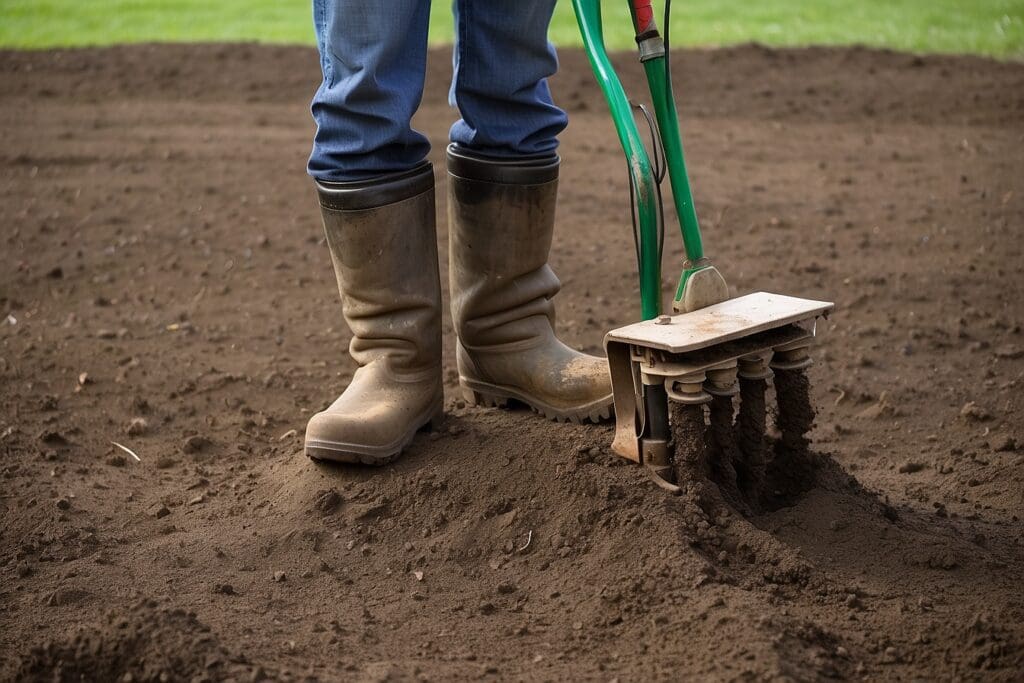
- Stunted and poor plant growth: Even though soil compaction is believed to increase the strength of the soil, come to think of it the roots require more strength to penetrate the soil layers. Hence, fewer roots germinate as very few are actually able to make it through the soil. Fewer roots inevitably means the plant gets fewer nutrients and water, translating to poor plant growth.
- Suffocating soil conditions: Just like all living things, including humans and animals, roots also need oxygen to breathe to function properly. When water cannot percolate through the ground, the roots can literally suffocate. If regular rains do not bless the land and fertilizers are not timely added, crop yields can drastically reduce. This also leads to increased denitrification.
- Reduced crop yields: Potassium uptake by plants becomes a cumbersome task. Root metabolism gets affected by reduced soil aeration. Crop diseases also breed in, putting stress on the crop, eventually leading to yield loss.
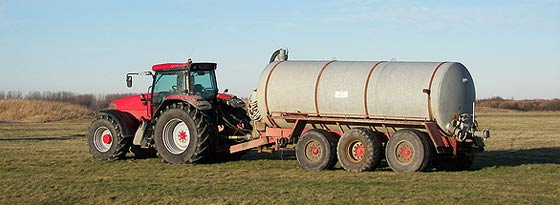 ii
ii
All of these effects raise grave concern over the looming problem of soil compaction, the major reason being traffic and widespread use of heavy machinery. According to Professor Borresen regulations must be introduced and implemented to protect the potential of the soil to nurture new plant growth before soil quality deteriorates to a level, that it renders the land useless. “There is every reason to take precautions and introduce necessary measures as quickly as possible, because it takes such a long time to rectify the damage once the soil has been compacted,” says Professor Borresen.5
James Smith is an avid prepper and an environmentalist. Currently he is working for Teotwawki supplies, a store offering complete range of survival food kits.

